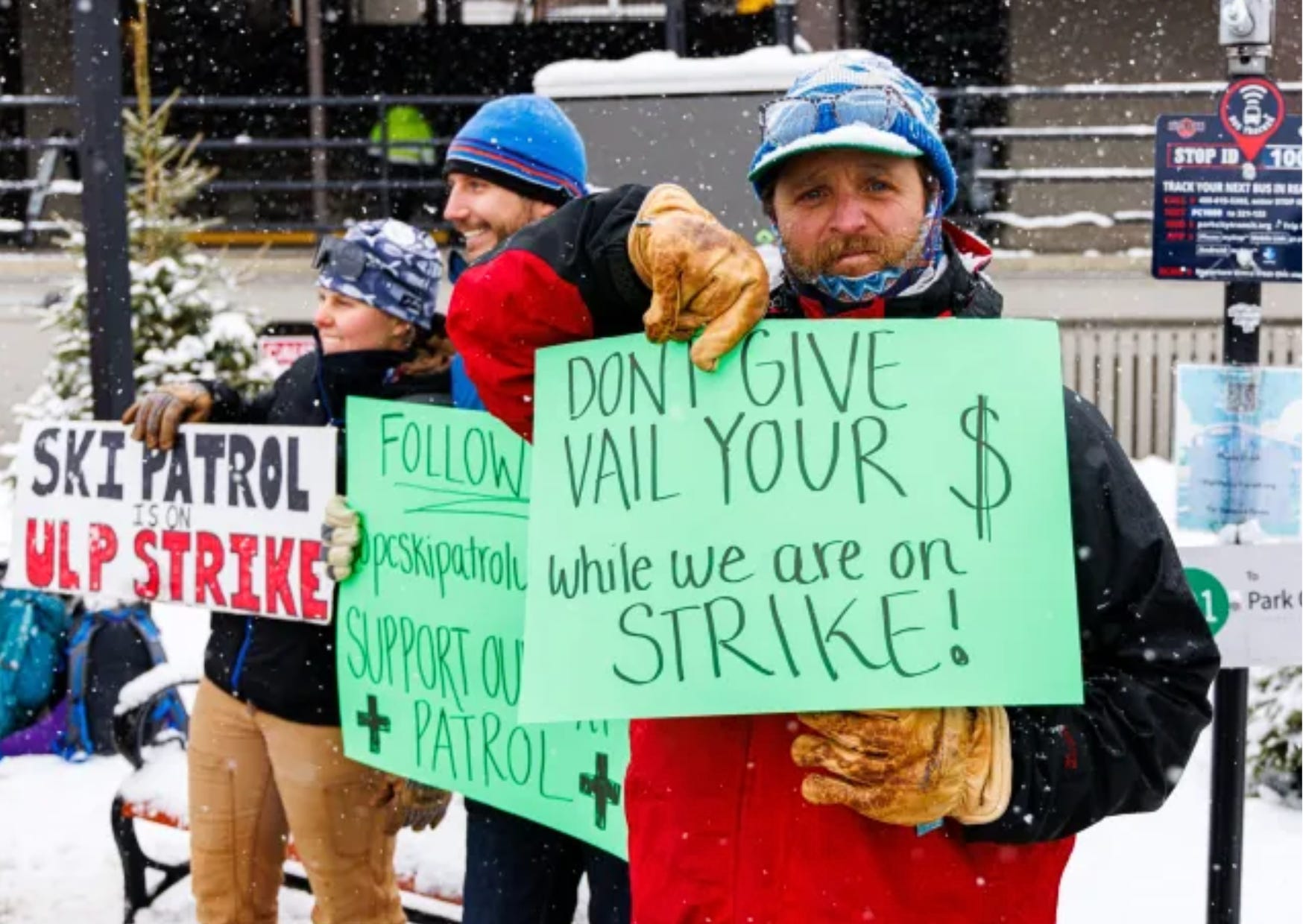How Vail Resorts Unique Business Model Led To A Strike In Park City (and why they don’t care)
How Vail Resorts Unique Business Model Led To A Strike In Park City (and why they don’t care)Vail Resorts has spent the last 15 years buying dozens of ski resorts worldwide. Now, 200+ employees are on strike due to skyrocketing costs in the country’s most popular ski towns.
The ski patrol strike in Park City, Utah, is one of the most interesting business case studies I have ever seen. For those who haven’t caught the commotion online, thousands of travelers at Park City Mountain Resort, the largest ski resort in the United States, spent New Year’s Day waiting in line with thousands of other people. The mountain itself is in good condition. It has snowed several times over the last week, leaving three feet of fresh powder that would have been perfect for this time of year. However, with more than 200 members of the resort’s ski patrol staff forming a picket line, Park City Mountain Resort is currently operating at less than 20% capacity. Only 26 of the 41 lifts at the resort are running, and roughly 250 of the 350 trails are still closed. The resort is also artificially suppressing demand, suspending the sale of daily lift tickets and limiting access to skiers who have already purchased passes. This has turned one of the busiest weeks of the year into a disaster. Videos of the lines are getting millions of views on social media, and the publicly traded stock ($MTN) is down about 5% since the new year, destroying $400 million in shareholder value. The ski patrol is asking for all the usual things you would typically see in a strike: a wage increase from $21/hour to $23/hour, improved benefits for seasonal employees, and pay adjustments that reward experienced, long-term employees over new hires. Vail Resorts, which owns Park City Mountain Resort, can afford these demands. The largest ski resort operator in the world brought in $2.9 billion in revenue last year, spent $150 million on share buybacks, and paid $80 million in quarterly dividends. But this is not really about the ski patrol. The real story revolves around a more significant trend. Private equity’s corporate consolidation of ski towns has placed a premium on margins, destroying the customer experience while wreaking havoc on the slopes… Subscribe to Huddle Up to unlock the rest.Become a paying subscriber of Huddle Up to get access to this post and other subscriber-only content. A subscription gets you:
© 2025 |

